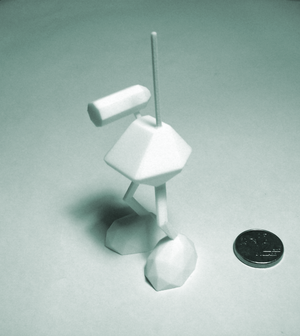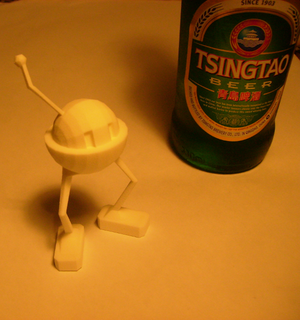If you want to have some Python libraries installed in your system somewhere other than the standard place ("site-packages"), here's how to do it. This can be useful if you don't want them to interfere with your operating-system installed path, or if you don't want to become root/admin in order to install them.
This problem is solved by things like virtualenv and buildout, but I find that this will suffice for a lot of cases, or if you don't want to learn the ins and outs of those systems.
First, create a directory somewhere for your alternative Python libraries to go into:
$ mkdir ~/my-python-libraries/
You only have to do that step once.
Next, tell future Pythons that we have an alternative path where libraries live by setting an environment variable:
$ export PYTHONPATH=~/my-python-libraries/
This means that Python will check that directory for Python libraries when you try to import them. If you are always using that library path, you could put it in your .profile or .bashrc file so that it is set on login.
Now when you install new libraries, make sure they go into that alternative path:
$ cd some-library
$ python setup.py install --prefix=$PYTHONPATH --install-purelib=$PYTHONPATH --install-platlib=$PYTHONPATH --install-scripts=$PYTHONPATH/bin --install-data=$PYTHONPATH
One good thing to do is make a handy little one-line script which sets the PYTHONPATH variable when you want to start working on a project which needs those libraries. You could put it in ~/bin or in your project's root or scripts/ subdirectory.
You can also make a script in your ~/bin directory which runs the python setup.py command with those command line arguments set and call it something like "install-python-library".







